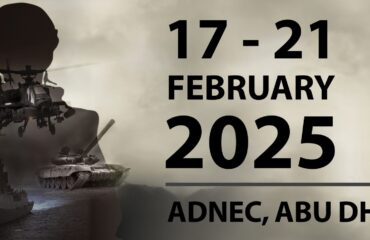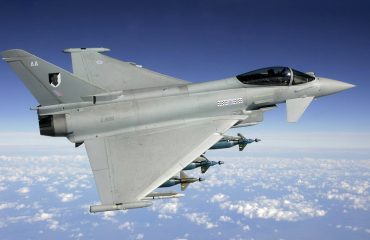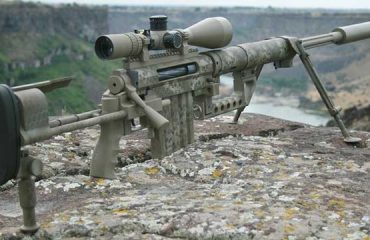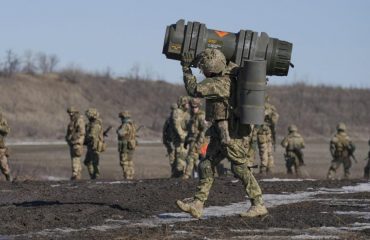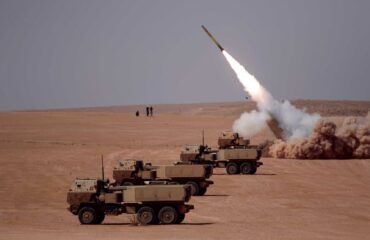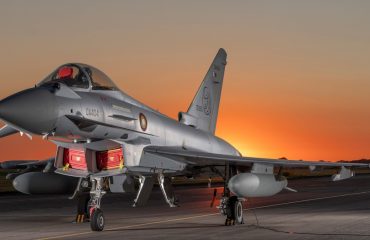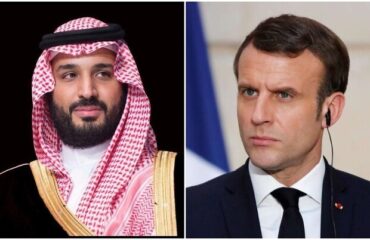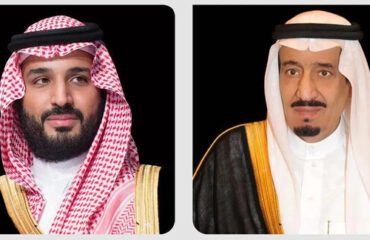Is Ukraine planning to procure night vision systems with Chinese-made IITs?
Ukraine must prioritize rigorous supply chain oversight, adhering to NATO standards despite higher costs, to ensure long-term military and political consistency

One key lesson from the war in Ukraine is the critical advantage provided by Night Vision devices on the battlefield. Since the war’s outset, NATO members, including the U.S., Germany, and the Netherlands, have donated numerous Night Vision devices equipped with Image Intensifier Tubes (IITs) from NATO, U.S., and EU manufacturers. These donations have helped Ukrainian forces gain an operational edge over Russian troops.
However, Ukraine’s need for Night Vision devices remains unmet, with the army reportedly still requiring tens of thousands more. In response, Ukrainian defense authorities have initiated tenders to procure additional devices.
A pending supply contract with a NATO manufacturer has raised concerns over the unusually low price of the offered equipment, sparking speculation that the IITs may be Chinese-made or re-branded Chinese products.
IITs account for 55-70% of a Night Vision device’s cost, depending on their performance, often measured by the Figure of Merit (FOM). The higher the FOM, the higher the cost.
Only five countries—Russia, China, the U.S., France, and Germany—produce IITs, with only NATO-aligned manufacturers meeting NATO military standards. There have been attempts to re-brand IITs from Russia and China to appear as NATO-made, but these are often identifiable by their lower prices and performance.
A 2024 NATO summit emphasized China’s growing role in supporting Russia’s defense sector through dual-use materials, including high-tech components.
Allowing Chinese-made IITs into Ukraine’s procurement process would contradict NATO’s position, undermining efforts to curb China’s influence in defense technology.
While Ukraine’s urgent need for equipment is understandable, cutting costs by sourcing subpar or non-compliant IITs could harm its military and political alignment with NATO. It could also inadvertently bolster China’s defense industry and increase the West’s dependency on Chinese components, weakening NATO’s technological sovereignty.
Ukraine must prioritize rigorous supply chain oversight, adhering to NATO standards despite higher costs, to ensure long-term military and political consistency.
